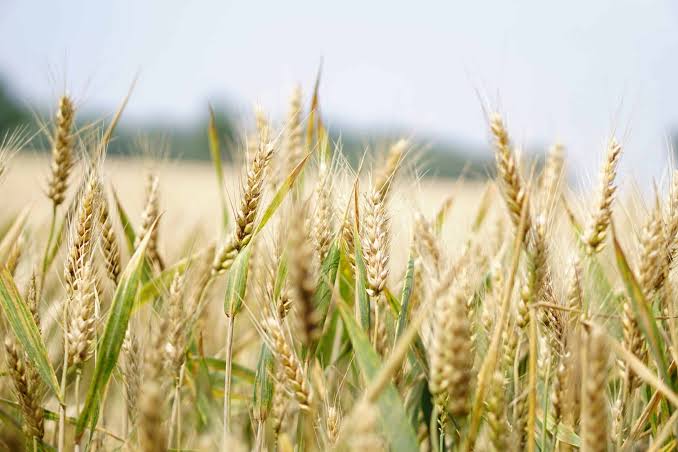Jul 22., 2023 / Homilies, Soul Food
Faith Takes Time and Trust
Quick results. This is a way that many ads get our attention and make us want a certain product or service. “Lose twenty pounds in two weeks!”“Get visibly lighter skin in seven days!” “Whiten your teeth in threedays!” There are even apps that help you “read” a whole book (and get the key ideas) in 15 minutes! We get it, time is limited and we want to make the most of it by imposing control and expecting speedy outcomes. What becomes problematic though is when we adopt that same control-driven, quick-results mindset to our spiritual life. As our Gospel reading today reminds us, there is no shortcut to salvation or sanctity.
We are familiar with this parable of the weeds and the wheat. This powerful story conveys profound lessons about patient trust in the Lord, refraining from hasty judgments, and recognizing that holiness is not something we achieve on our own power. Of course, we want to be good, we want to love and obey the Lord, and we want to experience salvation. Too often though, we want to take matters into our own hands. Spirituality then becomes a competitive sport. I have accompanied several people who are well-meaning and earnest, and yet have become so disillusioned with their “lack of progress” so much so that they want to give up. We strive so hard to be perfect, and we try to root out our flaws and imperfectionsusing our own wits and efforts. This also translates to how we interact with others. We are quick to judge who are “weeds” and who are “wheat” and treat them accordingly. However, we presume that we can tell between the weeds and wheat. The thing is, we often cannot and this is what the parable emphasizes.
Commentators have pointed out that the weed named in the parable is a particular kind known to resemble wheat in the early stages of growth. Pulling up the weeds is indeed risky because we might not know if we are also pulling up the wheat! And how is this also accurate in our experience? How often are we so quick to judge another person as bad or worthless at face value only to realize that we do not have the full picture? And how many times does this happen in our own interior life? What we consider our strength or gift turns out to be our blind spot, and our weakness turns out to be a source of tremendous grace?
We are then invited to trust in the Lord’s wisdom, even when, or especially when our impatience with the world and ourselves lead to frustration and disillusionment. Sometimes we can seem we know better than God, who has “mastery over all things” as our first reading reminds us. We are also reminded to rely on the Holy Spirit, who “comes to the aid of our weakness” as Paul exhorts his readers. This is why we also need to be discerning and allow time to unfold to reveal what is true from what is false. A helpful attitude would be what Teilhard de Chardin wrote about:“Patient Trust – Above all, trust in the slow work of God. We are quite naturally impatient in everything to reach the end without delay. We should like to skip the intermediate stages. We are impatient of being on the way to something unknown, something new. And yet it is the law of all progress that it is made by passing through some stages of instability—and that it may take a very long time…”We need to “give Our Lord the benefit of believing that his hand is leading us, and accept the anxiety of feeling ourself in suspense and incomplete.” Friends, let us pray for this grace of patient trust. And be reminded that with God and in all things that matter, what is important is not the quick superficial result, but the one that leads us to everlasting life.
Homily delivered by Fr Jordan Orbe, SJ
22 July 2023 (16th Sunday in Ordinary Time)
Cenacle Retreat House










